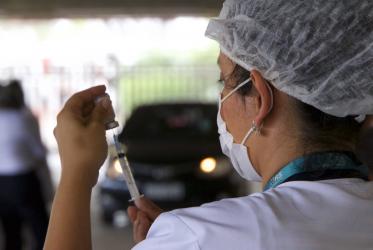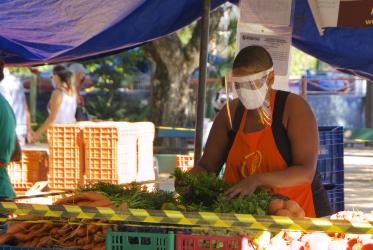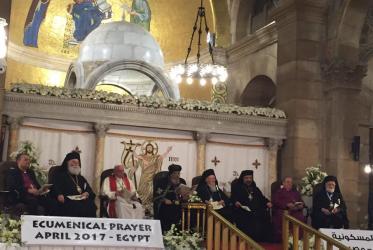Displaying 1 - 11 of 11
Peacemaking “a great and compelling life task”
09 December 2017
Historic ecumenical prayer in Egypt for peace and unity
30 April 2017
Interfaith partners advocate for health at UN summit
17 September 2010







